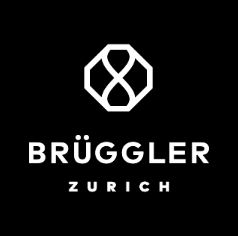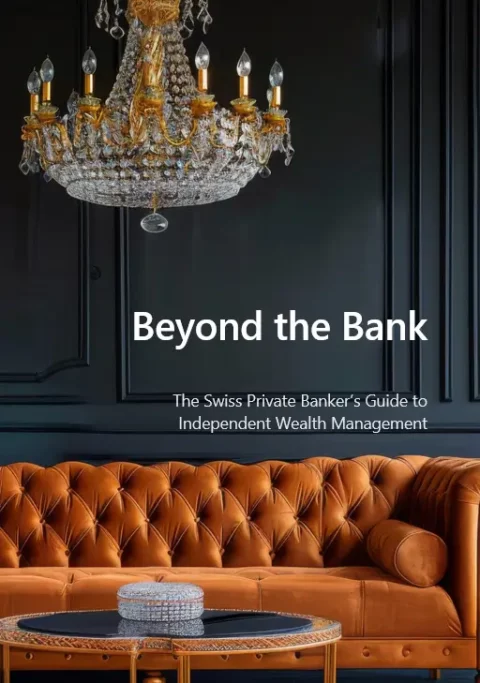In Private Banking, the balancing act is clear. While we aim to grow our clients’ wealth through strategic advice and tailored financial solutions, we often face internal pressure to meet sales targets for specific products. This inherent conflict of interest in private banking—balancing client needs with internal quotas—poses a significant ethical challenge. 📊💼
Effective private banking involves understanding our clients’ unique financial situations and listening deeply to identify their needs and goals. This understanding allows us to craft solutions that benefit them, fostering sustained growth and trust. However, when tied to internal product sales, can we truly say our recommendations are free of bias? 🎧🌱
The Independent Wealth Management Difference: Unlike traditional private banks, independent wealth managers typically operate on an asset-based fee structure. This fee structure aligns their success directly with that of their clients—their earnings grow only if they successfully increase their clients’ assets. 🛡️🚀
This level of transparency and alignment alters the advisor-client dynamic, fostering a genuinely unbiased and client-focused relationship. By removing the incentive to push specific products, independent wealth managers can offer more objective advice, focusing solely on what is best for the client.
I’m eager to hear from my network: How do you see the role of compensation structures in ensuring unbiased financial advice? Does the shift towards asset-based fees and transparent incentives resonate with your professional values?
Source: LinkedIn




